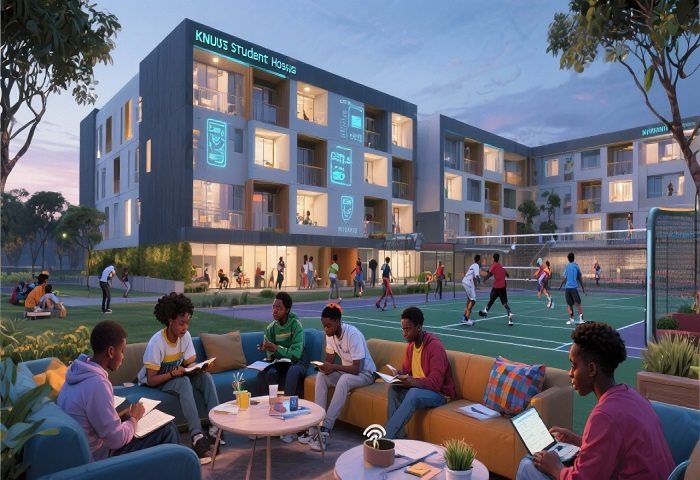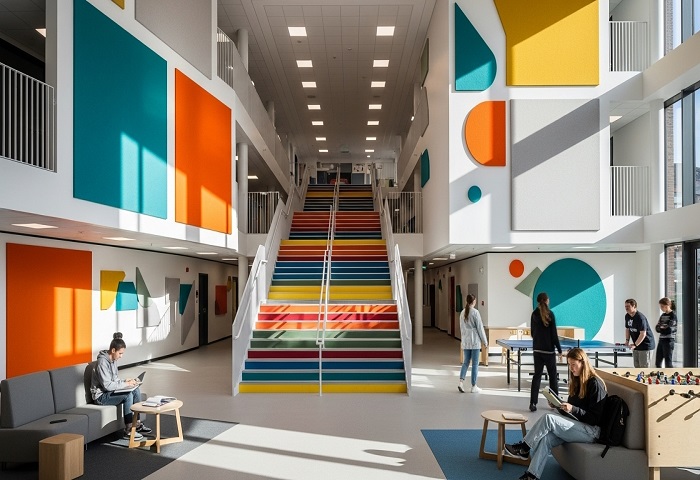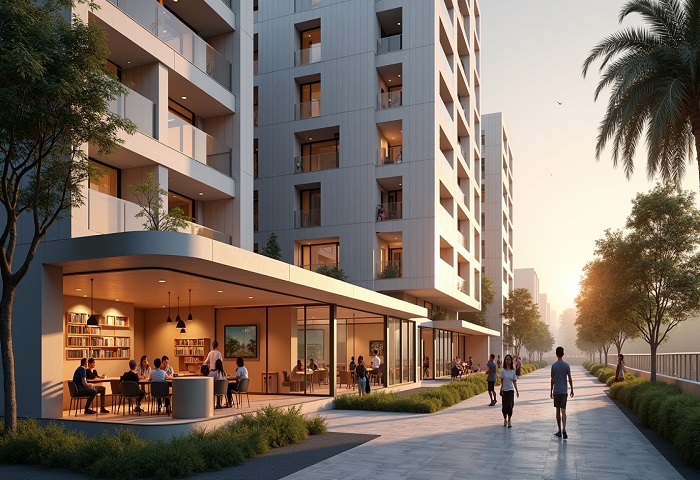
Unlock the Future: Invest in KNUST Student Housing with Earthcore Investments
Project Overview
Earthcore Investments presents a compelling opportunity in the KNUST Student Housing project, a $280 million USD public-private partnership aimed at constructing a 50,000-bed modern residential complex at Kwame Nkrumah University of Science and Technology (KNUST) in Ghana. This initiative addresses the chronic accommodation shortage, where over 70% of students live off-campus in often substandard conditions, by integrating high-speed WiFi, recreational amenities like gyms and lounges, round-the-clock security systems, and on-site retail spaces for convenience. Designed to elevate student living standards, the project not only caters to the immediate needs of KNUST's growing enrollment—admitted over 50,000 students for the 2024/2025 academic year—but also positions Ghana as a leader in West African educational infrastructure.
From an investor perspective, student housing in Ghana demonstrates resilience amid economic fluctuations, with market demand fueled by a student population where more than 60% are non-residents due to policies like "In-Out-Out-Out," prioritizing first-year on-campus stays. Historical data from private hostels around KNUST indicates financial viability at lower discount rates (e.g., 12%), with average Benefit-Cost Ratios (BCR) of 1.0335 and positive Net Present Values (NPV) of approximately 52,425.75 Ghana Cedis. Payback periods range from 4 to 8 years, with some projects achieving recovery in as little as 4 years, making it attractive for those seeking quick capital turnover. Broader African student housing yields average around 4.8%, but innovative models in Ghana can push toward higher returns, potentially mirroring 22% ROI seen in similar regional investments, supported by annual revenues exceeding $1.8 million per 2,000-bed unit..
The project's public-private framework, akin to Build-Operate-Transfer (BOT) models, offers stability through university-backed land leases and technical support, reducing development risks while ensuring long-term occupancy guarantees. Economic impacts extend beyond education, fostering job creation in construction and operations, stimulating local retail, and contributing to regional growth in Kumasi. Sustainability is embedded through modern, efficient designs that align with ESG criteria, appealing to ethical investors by improving social well-being and reducing student stress from housing insecurity..
Risks, such as sensitivity to interest rates and cost fluctuations, are mitigated by high demand—evidenced by over 21,000 students needing off-campus options in earlier years—and diversified revenue streams from rentals (averaging USD 663 per student annually) and retail. Recent initiatives, like the proposed 20,000-room hostel with Minerals Development Fund and Tenglong Group, underscore the sector's momentum, though Earthcore's scale sets a new benchmark. Investors benefit from first-mover advantages in a market projected to grow with increasing enrollment (29% rise from 2008-2012, continuing trends), regulatory clearances, and potential debt coverage ratios up to 65%..
This project not only promises financial resilience but also a legacy of educational empowerment in West Africa.







